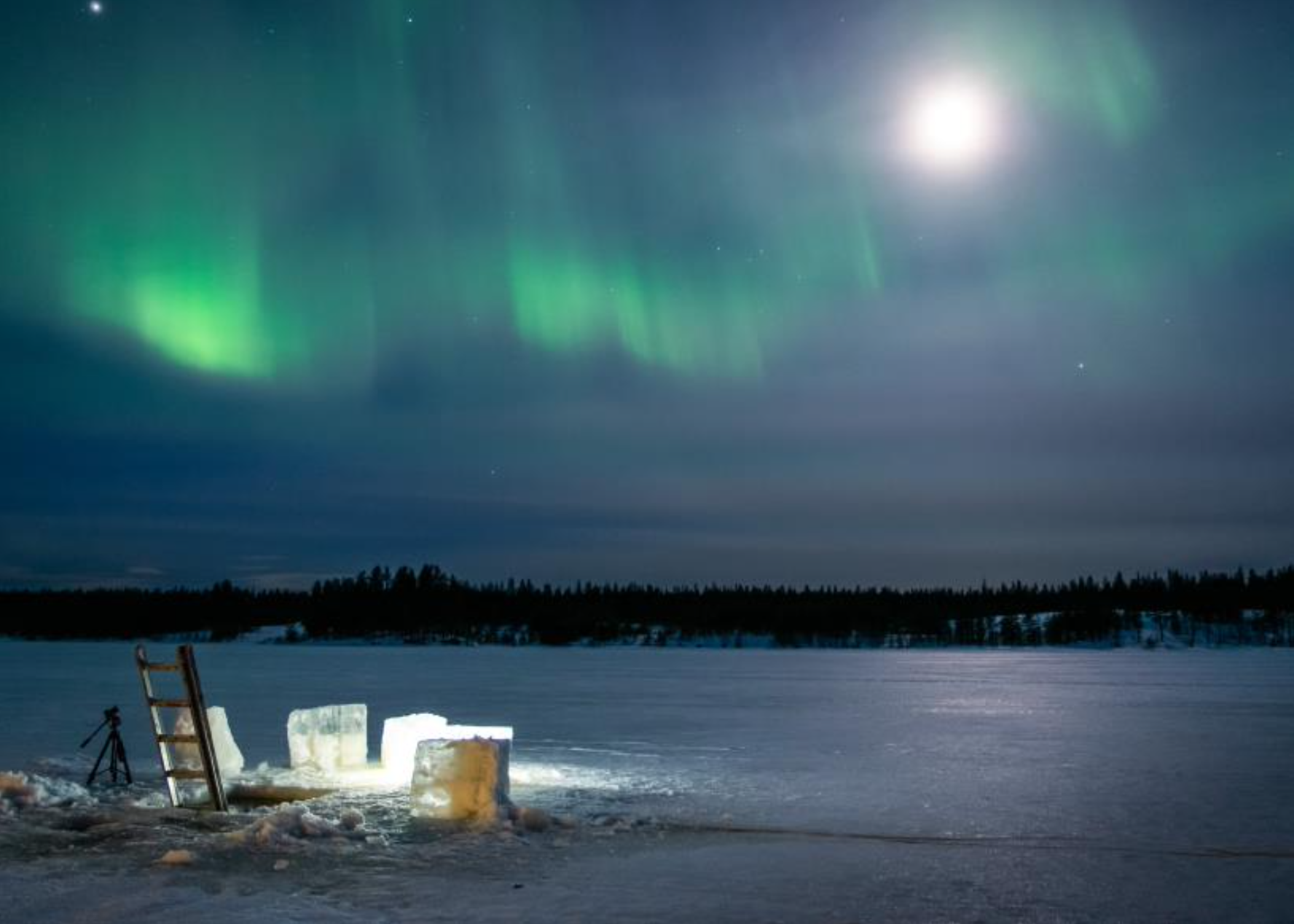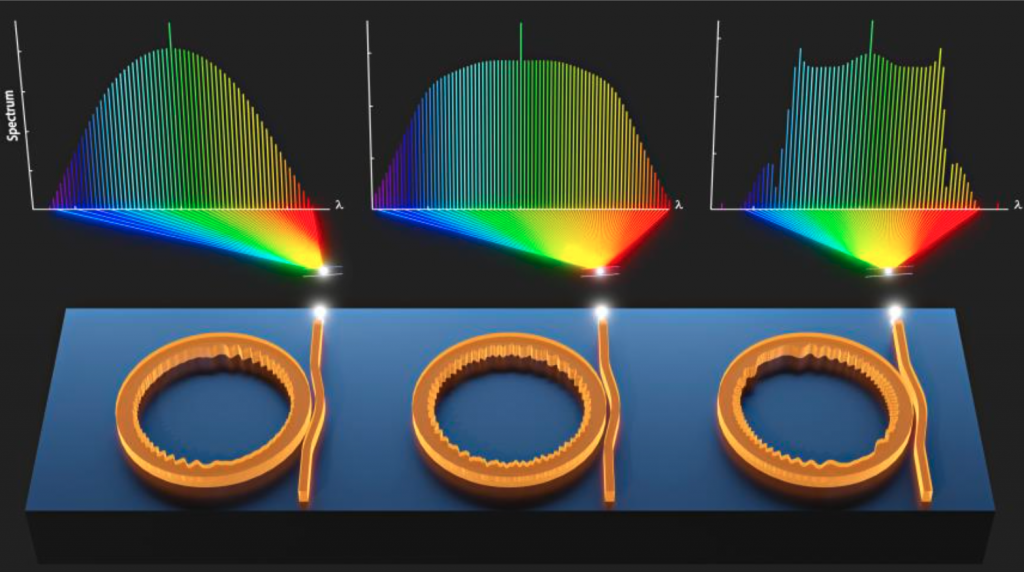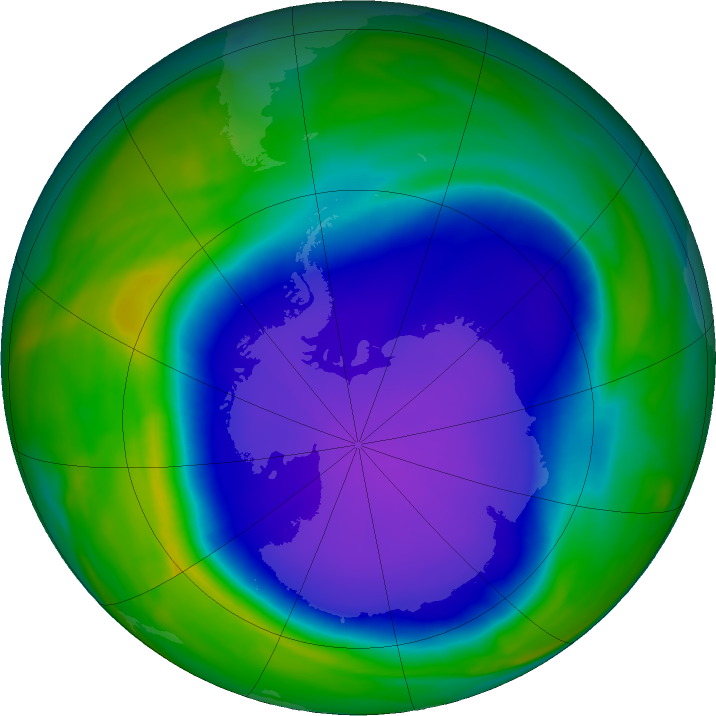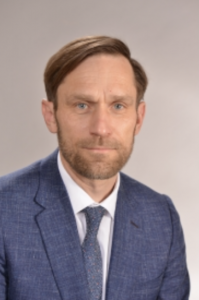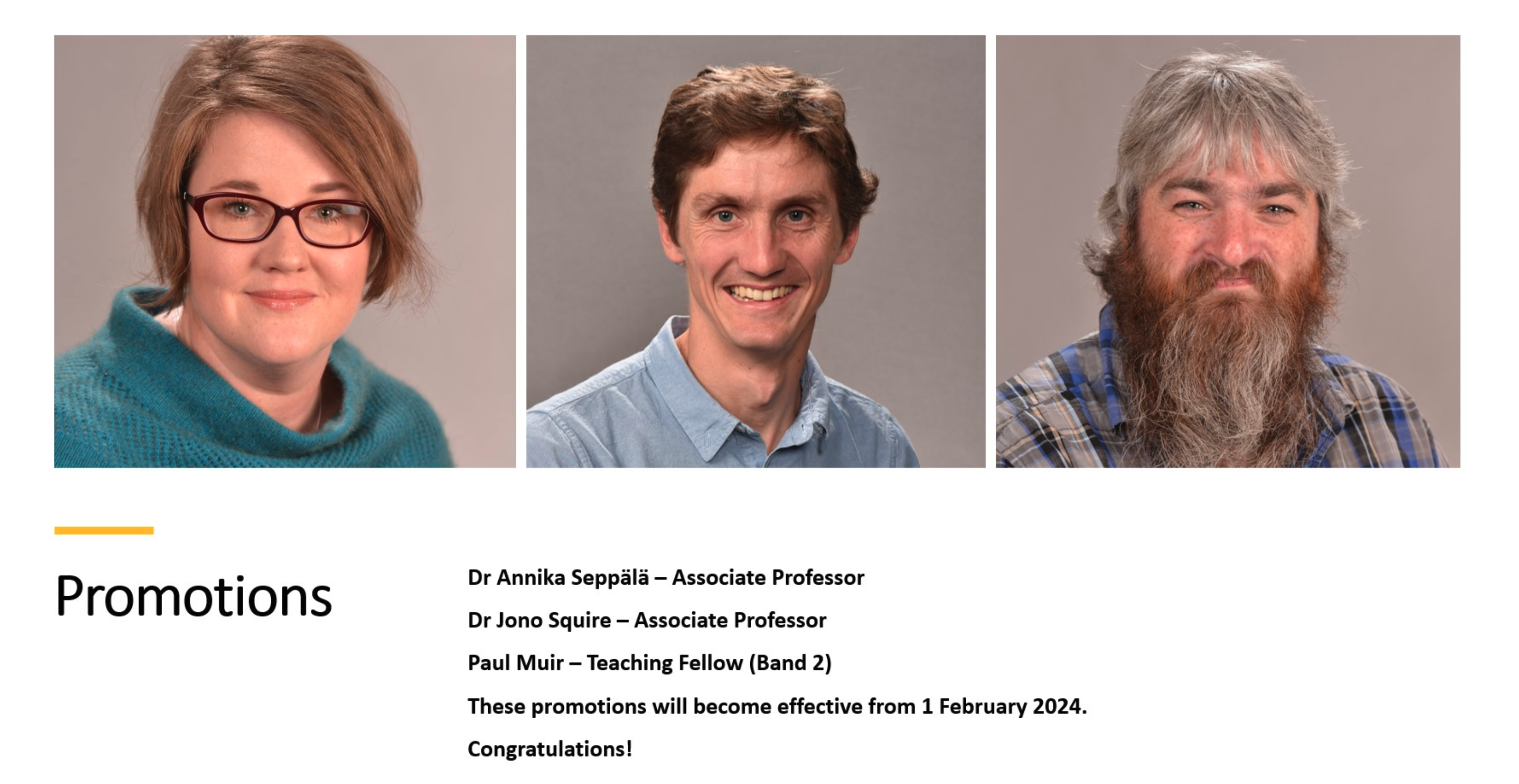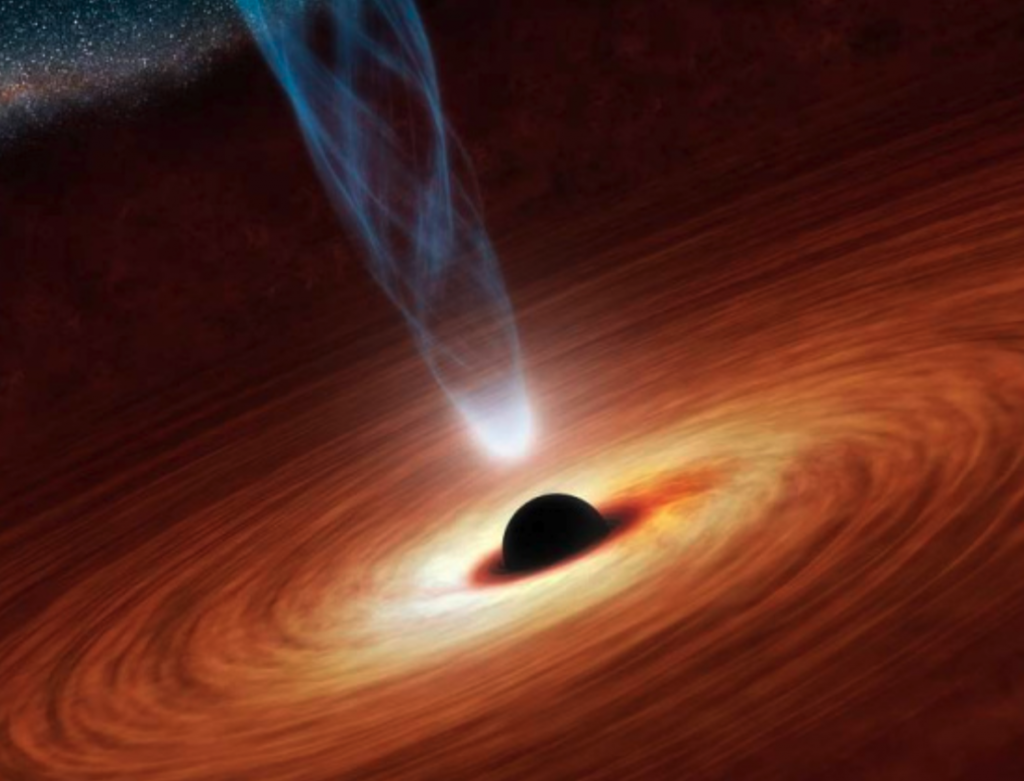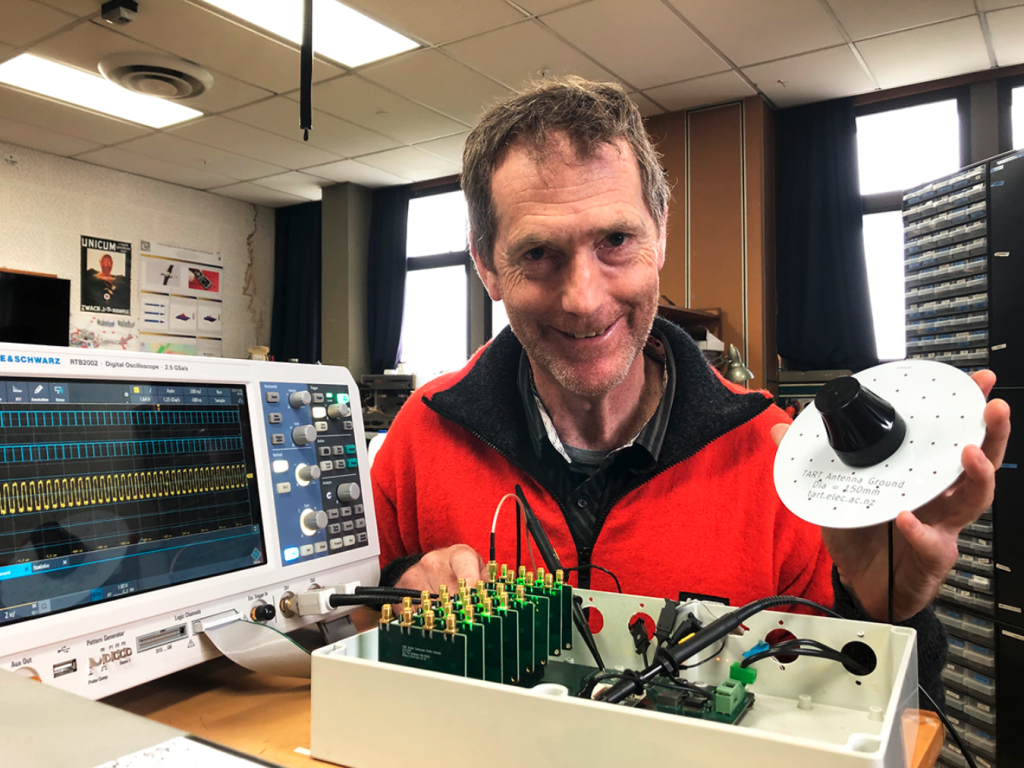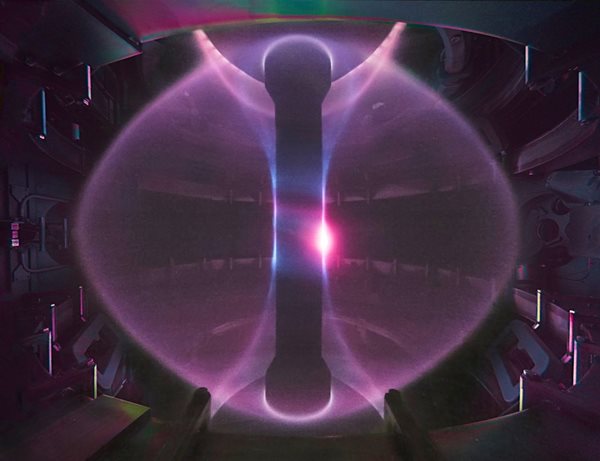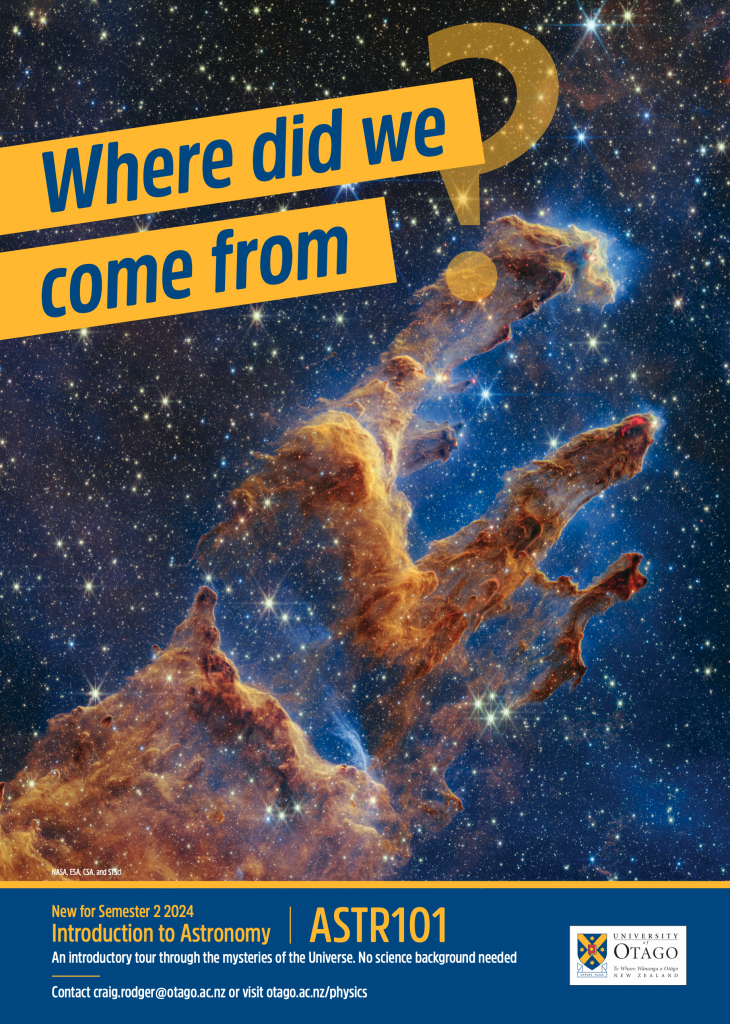Dr Maxime Grandin
Academy of Finland Postdoctoral Researcher
Finnish Centre of Excellence in Research of Sustainable Space (FORESAIL) Department of Physics
University of Helsinki
Finland
A fascinating natural phenomenon, auroral displays are the result of the interaction between charged particles precipitating from space and the upper atmospheric constituents. Characterising the fluxes of precipitating particles and understanding the mechanisms behind optical emissions still proves challenging and is an active field of research in space physics. After briefly introducing the chain of processes starting at the Sun and leading to auroral emissions in the Earth’s atmosphere, I will focus on two of my ongoing research interests. First, I will discuss how the precipitating electron fluxes have different properties depending on where they occur in the auroral oval. Second, I will talk about how participatory science is becoming a powerful way to gain new insight into dark-sky emission processes, and review recent discoveries it has enabled in space physics. I will advertise an ongoing collaboration aiming at internationalising participatory science initiatives and connecting the communities of aurora hunters together.
